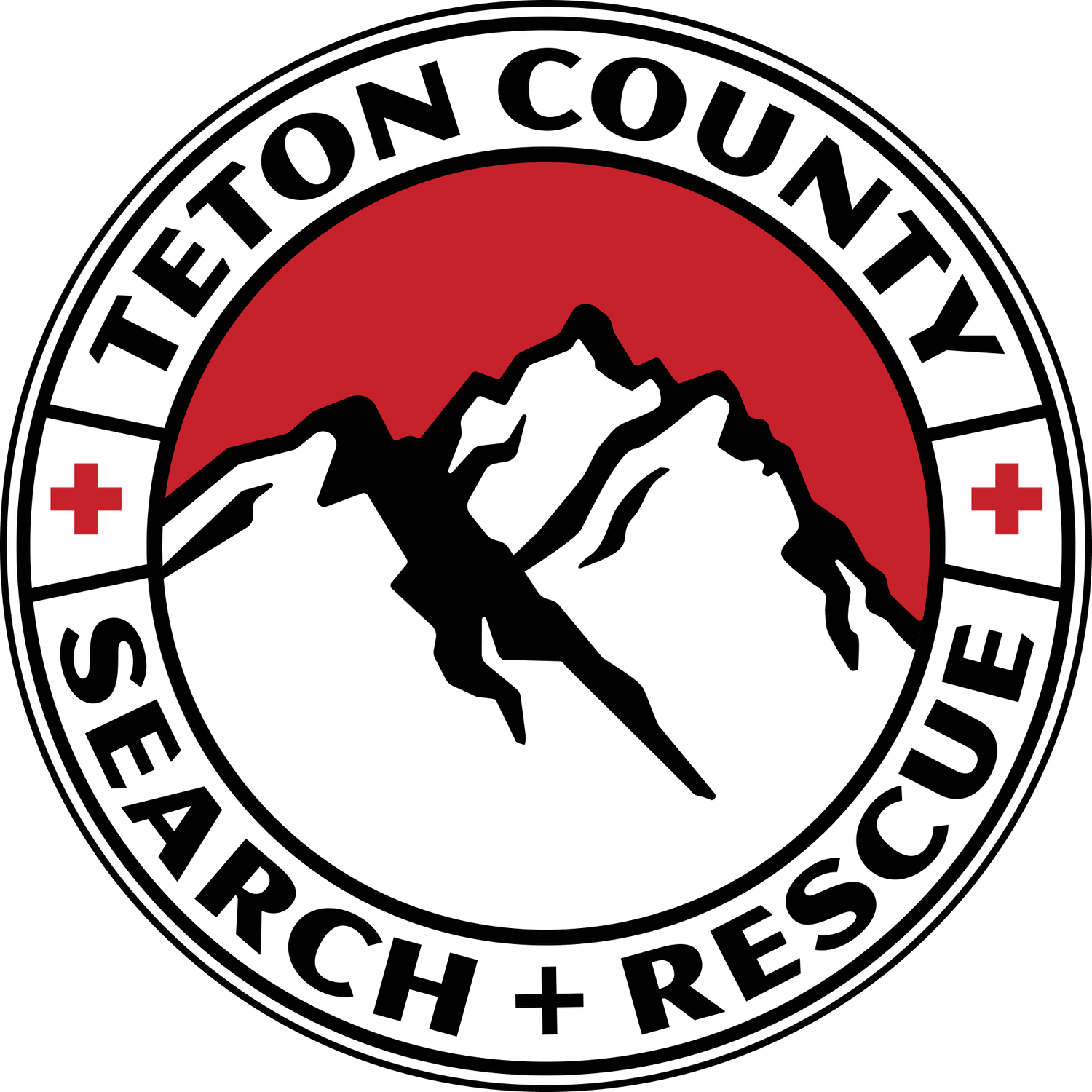The Fifth Annual Wyoming Snow and Avalanche Workshop kicked off the winter season in Jackson Hole this past weekend. Featuring 12 guest speakers who spoke on a range of snowy topics, WYSAW drew a sold-out crowd of 500 people to the all-day event at the Center for the Arts.
Jamie Yount, the Winter Operations Manager for the Colorado Department of Transportation, kicked things off with a riveting account of last winter’s historic avalanche cycle in his state. For two weeks, enormous avalanches wreaked havoc on Colorado’s mountain highways, and Yount, a former longtime avalanche technician for the Wyoming Department of Transportation in Jackson, wowed the crowd with videos of historically destructive slides. Throughout Yount’s presentation, there were audible gasps among the audience as they watched slide after slide power down mountains and across highways, at times burying cars, breaking old-growth timber like toothpicks, and destroying structures.
For the entire season, Yount offered these stats:
1,547 explosive detonations
15,000 worker hours
855 artifically triggered avalanches, with 488 impacting highways
221 avalanche covered all lines of the road
47 avalanches classified as large or very large
Red Mountain Pass (near Silverton) closed for 18 consecutive days
50 hours of road closures on I-70
You can find all presentations from the Fifth Annual WYSAW on the TCSAR Vimeo page. Below, Dave Richards, a longtime ski patroller and director of the Alta Ski Area Avalanche Office, talks about how first-responders may be affected by stress trauma. It was a deeply moving presentation. Mental health of first-responders is something that we here at TCSAR are taking head on. Thanks to Richards for removing the stigma of mental health and talking about the importance of getting help.
One of the most anticipated presentations was a panel discussion on Teton Pass. As growing backcountry use collides with increasing commuter traffic, the panel looked at how to preserve skier access while respecting commuter safety.
Thanks to everyone who came out to WYSAW, including our presenting sponsors Backcountry Zero, Teton County Search and Rescue, Central Wyoming College, and the Bridger-Teton Avalanche Center. Improving backcountry awareness, avalanche safety, and strengthening community bonds in mountain recreation remains the guiding principle behind the event. We’ll be back again in 2020.

